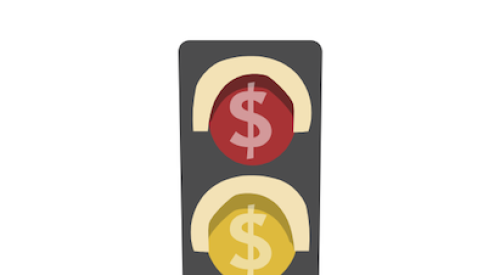|
Bob Piper, Principal, The Talon Group
|
Using a checklist for interviewing provides the same benefits as using a construction schedule for building homes: You have an orderly process for achieving a desired result and don't overlook important details. Not using a checklist severely hampers your chances of success.
Before your next interview, spend a few minutes writing down key things you want to learn from each candidate. Some of the topics will be germane to any opening, such as reasons for making job changes, successes and failures, long-term goals, etc. For management candidates, you might investigate how they train and develop people, top-grade their staff, etc.
Other questions will be position-specific. You need to think in terms of what successful performance should look like in the job and tailor your questions accordingly. For example, there is a big difference between working with an existing purchase order system versus developing one from scratch, or in creating a sales and marketing program for a starter home subdivision versus an active-adult community.
So stay focused on what you need the candidate to bring to the table. What must be accomplished in the job today and in the future? How and when should it happen?
Pose your interview questions in a similarly focused manner, and then sit back and listen. Remember, history predicts what will happen in the future.
Following are sample interview questions that focus on real-time experiences in the trenches. Answer them as if you were the candidate. Once the interviews are complete, compare your answers with those of each candidate.
Construction-related questions:
Sales and marketing questions:
Purchasing and estimating questions:
Using a checklist affords you the opportunity to compare answers from multiple candidates objectively - the old apples-to-apples thing. You gain a clearer perspective on which candidate most exactly fits your specific need.
Equally important, you can compare the answers against your own experiences - who knows, you might even learn something new.











